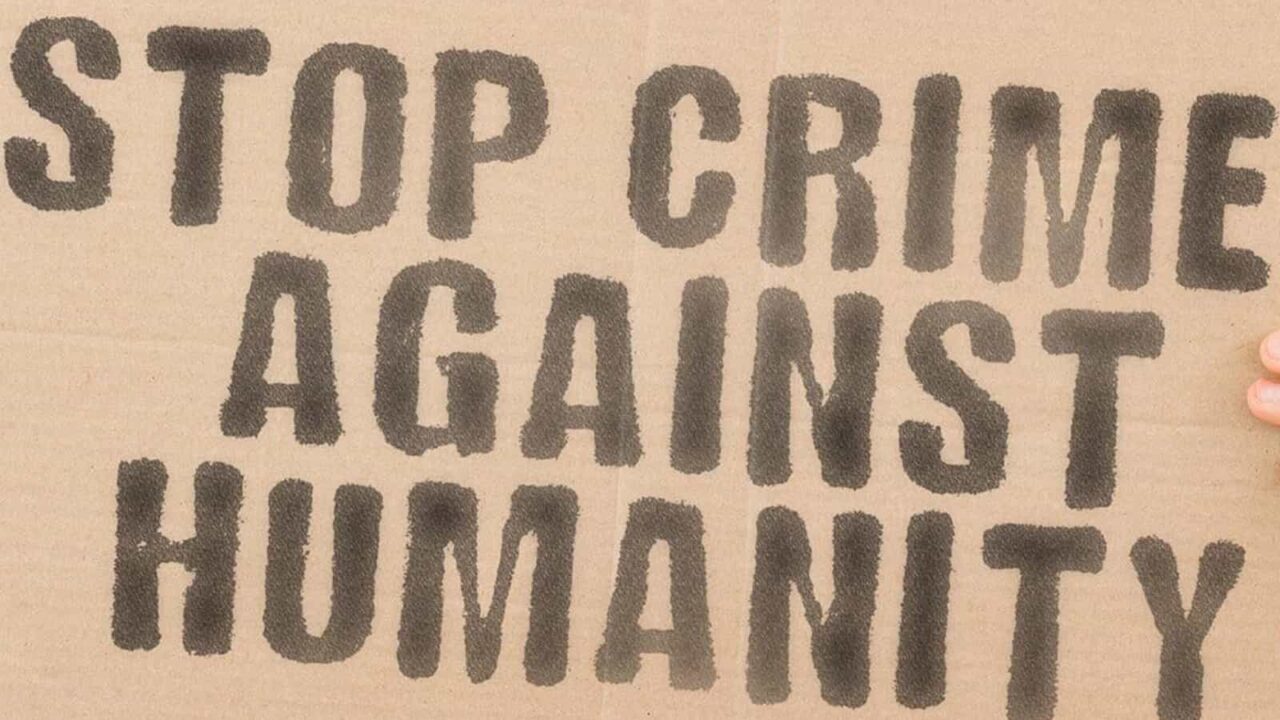Genocide Prevention Day 2023: Each year on December 9, Australia observes Genocide Prevention Day. Genocide denotes violent acts committed against individuals belonging to a particular racial, ethnic, national, or religious community. The objective is complete annihilation of the group. Following World War II, when the extent of the Nazi regime’s atrocities against European Jews became evident, the term ‘genocide’ gained widespread usage.
Genocide Prevention Day History
Lemkin Raphael introduced the meaning of the word ‘genocide.’ Lemkin, a Polish-Jewish solicitor, escaped Poland in 1941 and arrived in the United States as a result of Nazi rule. As a child, Lemkin was horrified to discover that the Turks had slaughtered thousands of Armenians throughout World War I.
Lemkin later endeavored to define the atrocities committed by the Nazis against European Jews throughout World War II with a term. The term in question was officially recognized and penalized under international law in an effort to prevent and address acts of violence against innocent individuals. The term “genocide” was coined by Lemkin in 1944 through the combination of the Greek word “genos,” denoting “race” or “tribe,” and the Latin suffix “cide,” signifying “to slaughter.”
The purpose of establishing Genocide Prevention Day in Australia is to promote understanding and adherence to the Convention on the Prevention and Punishment of the Crime of Genocide (Genocide). The Genocide Convention comprises a compilation of articles that delineate protocols for averting genocide and handling situations in which a nation is at risk of falling prey to such atrocities. In 1948, the United Nations adopted the convention.
In 1948, the United Nations officially classified genocide as an international crime. Subsequently, in the 1990s, the term was applied to the atrocities committed in Rwanda and the former Yugoslavia in Africa.
Preventing genocide and genocidal conflicts requires a comprehensive understanding of their origins. The foundation of genocide is identity. Genocide is more prone to transpire in societies where identity conflicts arise among various racial, national, ethnic, and religious factions.
Identifying the discriminatory behaviors that contribute to the violent treatment of a group of people is the initial step in preventing genocide. During the second phase, strategies to reduce and eradicate these contributing factors are investigated. Given that no nation is entirely homogeneous, genocide constitutes a worldwide predicament.
Constitution Day of Uzbekistan 2023: History, FAQs, Dates, and Activities
Christmas Jumper Day 2023: Activities, FAQs, Dates, and History
National Brownie Day 2023: History, Activities, Dates, and FAQs
FAQs for Genocide Prevention Day
To what extent did countries ratify the Genocide Convention?
Since 1951, the convention’s global outreach has been substantial, garnering support from more than 140 countries.
The United States ratified the Genocide Convention on what date?
The United States, despite being an early signatory to the Genocide Convention, did not ratify it until 1988. The then-president of the United States, Ronald Reagan, endorsed it notwithstanding the intense opposition of some to its impact on American sovereignty.
Did other international tribunals exist besides the Nuremberg Convention?
The International Criminal Tribunal for the former Yugoslavia was established in The Hague, Netherlands, by the United Nations Security Council. Since Nuremberg, it had been the inaugural international tribunal to be entrusted with the authority to prosecute individuals accused of genocide.
Observing Genocide Prevention Day: A Guide
Conduct research and distribute data
To overcome the adversary, one must have knowledge of the adversary. Conduct research on the historical accounts of racial murders and disseminate this knowledge among your social circle in an effort to deter future incidents.
Develop cognizance
It is our collective duty to make a contribution to this struggle. Contribute by bringing attention to the neglected consequences of genocide, including the enduring impact on the bereaved and their families.
Donate or volunteer
Numerous organizations exist to mobilize international assistance for genocide victims. You may donate resources or volunteer at one of these organizations.
Five Genocide Facts That Will Astound You
A detour towards destitution
Genocide leads to pervasive destitution, as was evident in Germany during the Nazi era.
Nonstructural failure
A lack of infrastructure results from genocide when individuals are unable to afford essentials or contribute to the tax pool.
Poverty contributes to raised crime rates.
Poverty-affected regions will experience a rise in criminal activity.
Educational systems in disarray
Genocide impairs the functionality of existing infrastructure, which in turn inevitably restricts access to education within the educational system.
Hands off the platform
Genocide-related workforce decimation threatens economic stability.
GENOCIDE PREVENTION DAY DATES
| Year | Date | Day |
|---|---|---|
| 2023 | December 9 | Saturday |
| 2024 | December 9 | Monday |
| 2025 | December 9 | Tuesday |
| 2026 | December 9 | Wednesday |
| 2027 | December 9 | Thursday |


















